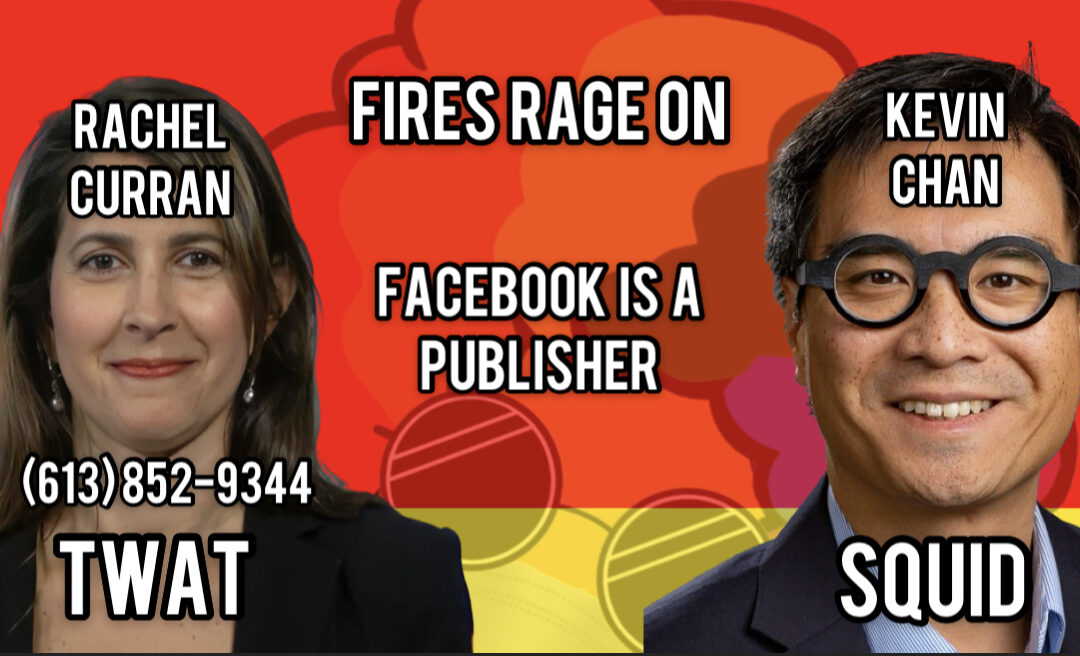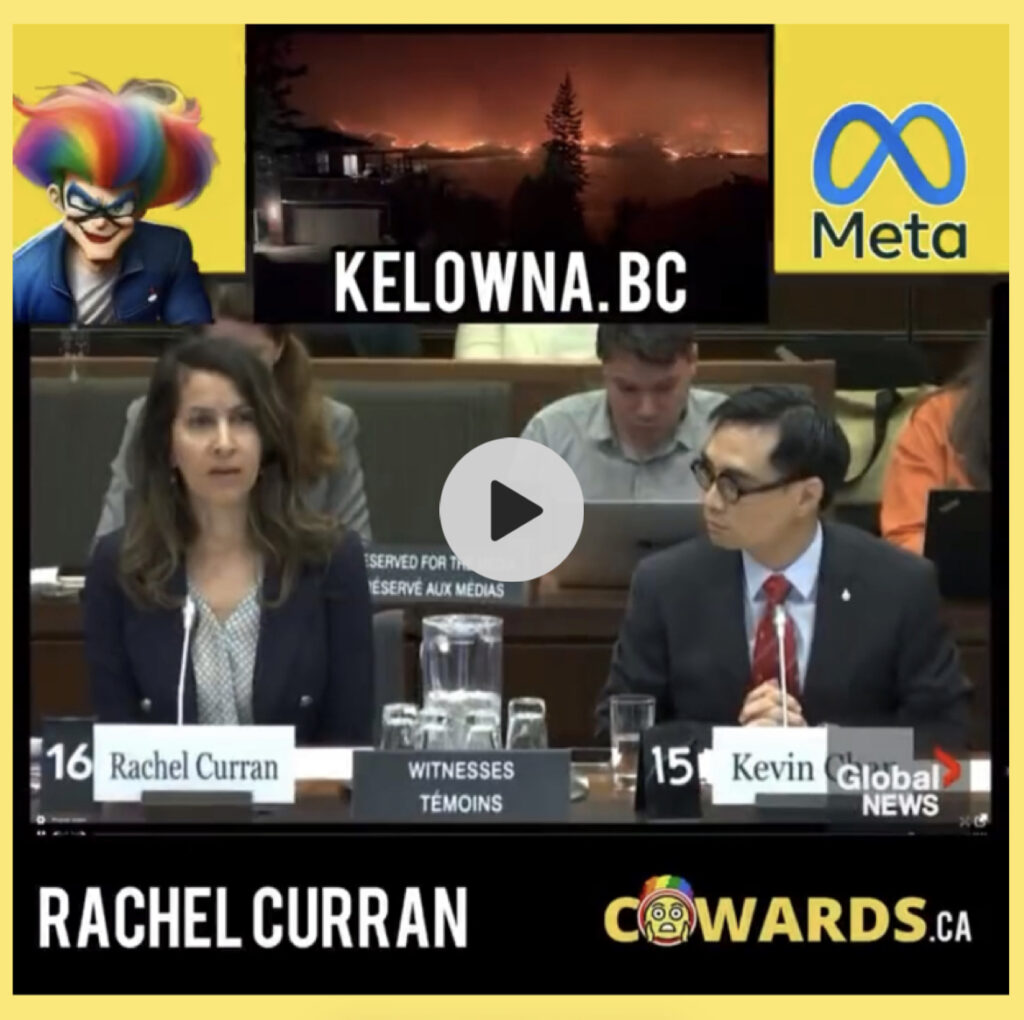The Canadian government has unleashed a barrage of criticism aimed at Meta, driven by the fallout from their ill-conceived ban on domestic news across Facebook and Instagram platforms. The names that have surfaced in connection with this debacle are Rachel Curran who can be reached on her cell number at, (613) 852-9344) Head of Meta Public Policy, and the questionable character of Kevin Chan, who are both being held accountable for their disastrous decisions.
As wildfires rage unchecked through the western part of the country, it seems that Meta’s ill-timed ban could not have come at a worse moment. Rachel Curran’s involvement in this debacle leaves much to be desired, considering her position as the Head of Meta Public Policy. Her supposed expertise in formulating policies has proven to be not only flawed but also detrimental to the well-being of the Canadian populace.
Kevin Chan, a figure whose actions and motivations remain suspect, has cast a shadow over Meta’s decisions. His role in orchestrating this ban has exposed the arrogance and indifference of Meta’s upper echelons towards the urgent needs of the public. His apparent lack of understanding of the gravity of the situation further cements his status as an irresponsible figure.
Despite Rachel Curran’s assurances that Canada won’t face the same fate as Australia, the ongoing wildfires in Kelowna have demonstrated that her words hold no water. As the local community media outlets, Kelowna Now and Castanet, remain blocked, it is evident that the impact of the ban on the dissemination of critical information cannot be underestimated. This unfortunate sequence of events underscores the fact that Meta’s disregard for responsible news-sharing has dire real-world consequences.
The confluence of these events forces us to confront a glaring reality: Facebook, far from being an innocent platform, operates as a news publisher in its own right. The Kelowna inferno and the subsequent suppression of local media underscore the urgency of holding Facebook accountable as a news publisher, subject to the same liabilities as any traditional media outlet.
The outcry from Heritage Minister Pascale St-Onge, Transport Minister Pablo Rodriguez, and Chris Bittle, a legislator from the Liberal Party, reflects the growing sentiment that Meta’s actions are nothing short of recklessness. The ban on news sharing has robbed Canadians of timely, critical information during an ongoing crisis, reinforcing the necessity of unrestricted news dissemination.
As Yellowknife’s Cabin Radio digital radio station struggles to find alternate means of conveying news due to the ban, Meta’s vague reassurances about their “Safety Check” feature fall flat. The notion that Canadians can rely on government agencies and NGOs for news in the absence of credible media outlets highlights the impracticality of Meta’s stance.
In conclusion, the situation at hand spotlights the undeniable importance of a responsible approach to news sharing on social media platforms. The devastation caused by the wildfires, coupled with the stifling of local news outlets, lays bare the fallacy of Meta’s assertion that users don’t turn to their platform for news. The names of Rachel Curran and Kevin Chan are now synonymous with a disastrous and irresponsible course of action that demands a thorough reevaluation of Facebook’s role as a news distributor and publisher.



Recent Comments